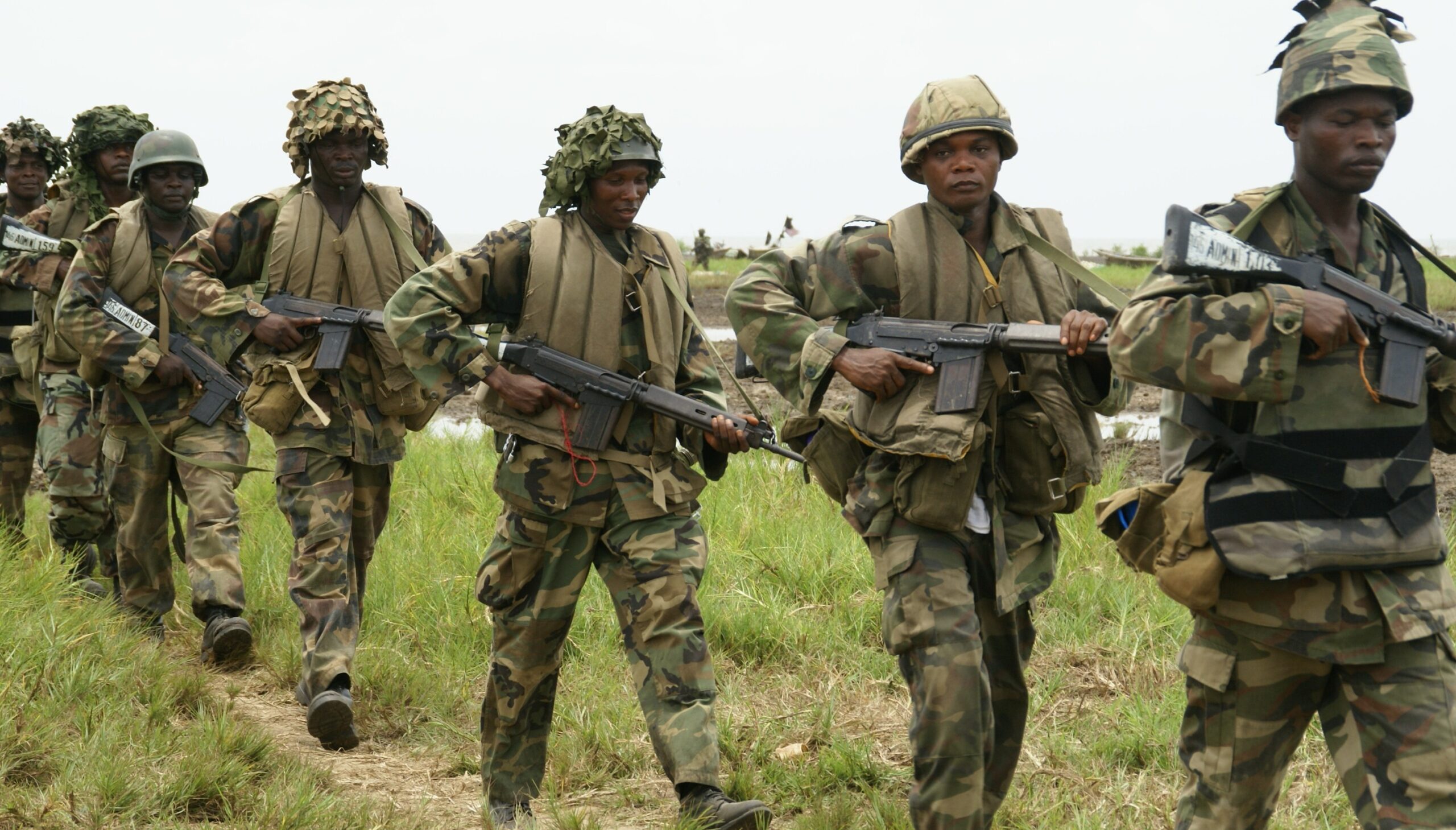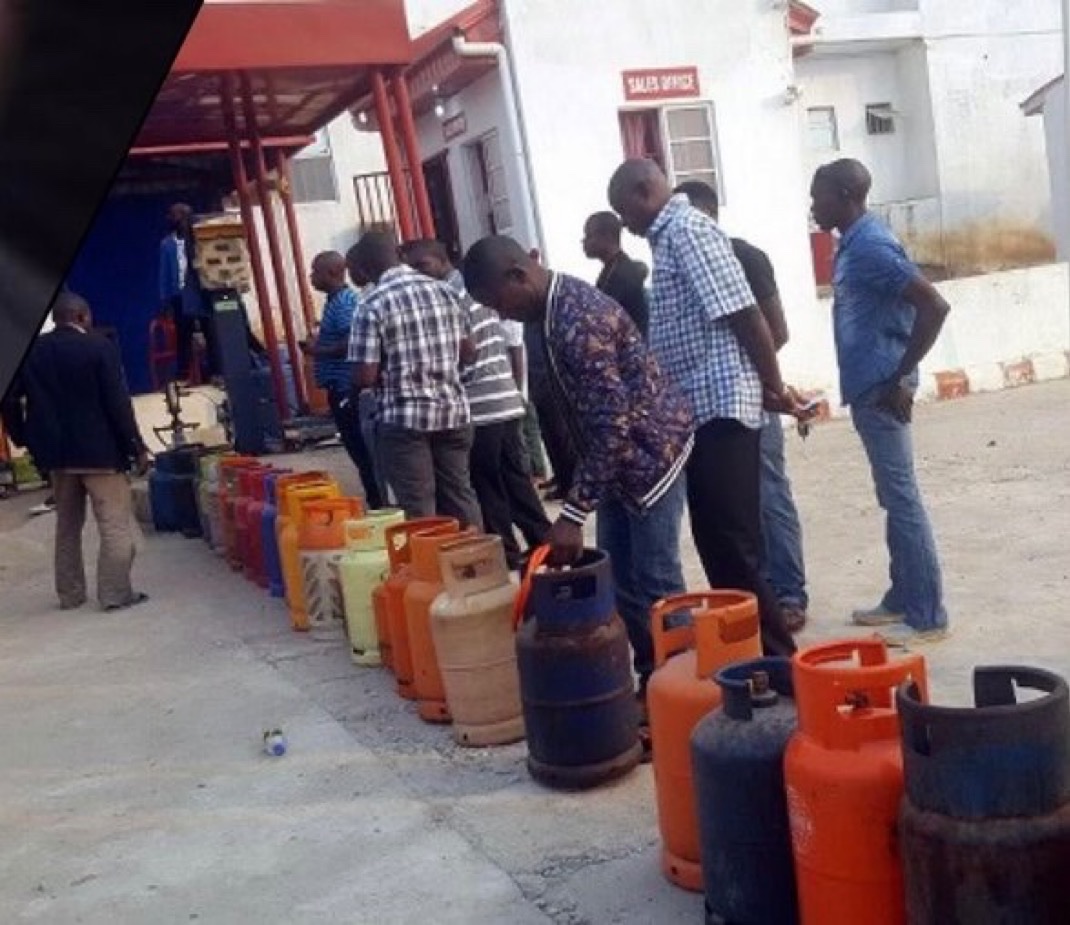In a powerful and deeply troubling indictment of Nigeria’s security situation, retired Major General Danjuma Ali-Keffi has sounded the alarm, warning that the nation is spiraling into a state of existential danger. In recent remarks, he didn’t mince words — calling for a state of emergency, constitutional overhaul, and a radical shift in how Nigeria confronts its insecurity challenges.
A Grim Diagnosis: “Killing Field” Nigeria
Ali-Keffi, a former General Officer Commanding (GOC) of the Nigerian Army, delivered a stark warning during a widely watched interview: the scale of violence across large swathes of the country has surpassed the capacity of ordinary civil laws to respond effectively. He warned that in the North-East, North-West, and North-Central regions especially, insurgency, banditry, and other security threats have become so entrenched that Nigeria now resembles a war zone, not a governed society.
He lamented that over two-thirds of the country are “engulfed in crisis” — yet the government has not responded with the urgency or decisiveness that the situation demands.
Why Ali-Keffi Is Demanding a State of Emergency
Ali-Keffi argues that conventional legal frameworks are simply not designed to manage a security crisis of this magnitude. He insists that the constitution needs to be revisited, suggesting that certain protections might need to be suspended temporarily to empower security forces and the government to act more decisively.
In his vision, a state of emergency would not just be about more power for the military — it would also mean governance restructuring. He proposes that governors relinquish or interrupt some of their authority, and even the National Assembly might need to be suspended to allow for more effective coordination and decisive executive action.
Ali-Keffi draws analogies with international conflicts. He referenced Ukraine, noting that despite only a portion of its territory being under threat, the government declared a state of emergency — a bold move he believes Nigeria should have made long ago.
Military Constraints, According to Ali-Keffi
A core part of Ali-Keffi’s critique centers around the military’s capacity and strategy. He argues that Nigeria’s counter-insurgency approach is flawed in two significant ways: strategic misalignment and severe manpower shortages.
- Strategic Misalignment: He believes that the wrong tactics are being used in many areas of conflict, which undermines effectiveness.
- Troop Shortage: According to him, the Nigerian army does not have enough soldiers to “saturate” troubled regions — a critical requirement in counter-insurgency warfare.
- Lessons from Abroad: He referenced past conflicts in other countries. For instance, he recalled how Sri Lanka created many additional military divisions during its war, mobilising tens of thousands of extra troops to regain control.
- Legal Risk for the Military: He also expressed concern that military personnel are operating under constant fear of legal repercussions — citing worries about facing international courts like the ICC or human rights investigations if their actions escalate.
No Room for Negotiation — According to Ali-Keffi
On the question of dialogue with insurgents or bandits, Ali-Keffi is unambiguous: he strongly opposes peace talks initiated by the government. He argues that opening negotiations from a position of perceived weakness sets a dangerous precedent.
In his view, those perpetrating violence should be the ones to reach out for peace, not the government. He likened inviting them to the negotiating table as “waving a white flag.”
Accountability, Corruption & Terror Financing: A Deeper Layer
Ali-Keffi’s critique goes beyond battlefield tactics; he also raises painful questions about terror financing, corruption, and institutional complicity. During his military career, he headed “Operation Service Wide,” a task force dedicated to tracking down financiers and sponsors of terror groups.
He claims that the investigations uncovered powerful individuals — including businesspeople, political figures, and even high-ranking military officers — linked to terror networks.
Despite the evidence, Ali-Keffi argues that key suspects were never prosecuted. He says that as investigations progressed, resistance emerged, and some high-profile individuals were quietly released.
He also revisited a tragic chapter in Nigeria’s recent history — the plane crash that killed Lieutenant General Ibrahim Attahiru, then Chief of Army Staff, and several senior officers. Ali-Keffi claims the crash was suspicious, noting inconsistencies around the flight’s timing, the change of aircraft, and the lack of a visible crash crater.
Reflections on Previous Governance Models
Ali-Keffi does not simply criticize from the sidelines; he also draws on past experience. He recalled working with former Kaduna State Governor Nasir El-Rufai during his tenure as GOC. At that time, Ali-Keffi asserts they adopted a no-negotiation policy with bandits and refused to pay ransom, even after a high-profile attack that claimed the lives of students.
That period, he claims, demonstrated the potential effectiveness of decisive military action without caving to criminal demands.
The Stakes: What Could a State of Emergency Mean for Nigeria
If Ali-Keffi’s recommendation is taken seriously by the government, the implications are profound — both for national security and democratic governance.
- Emergency Governance vs Civil Liberties: Declaring a state of emergency could grant sweeping military and executive powers, but it risks limiting democratic checks and undermining civil liberties.
- Concentrated Power: Suspending or curtailing the powers of governors and the National Assembly, as suggested, could centralize authority. While this might speed up decision-making, it could also provoke resistance, constitutional crises, or misuse of power.
- Military Morale & Risk: Empowering the military more deeply might boost its capacity to act aggressively, but without proper oversight, it could also lead to excesses or human rights violations.
- Long-Term vs Short-Term Gains: Even if a state of emergency helps curb violence in the short run, it does not guarantee long-term peace. Sustainable security in Nigeria will likely require not just force, but political reform, accountability, and effective governance.



